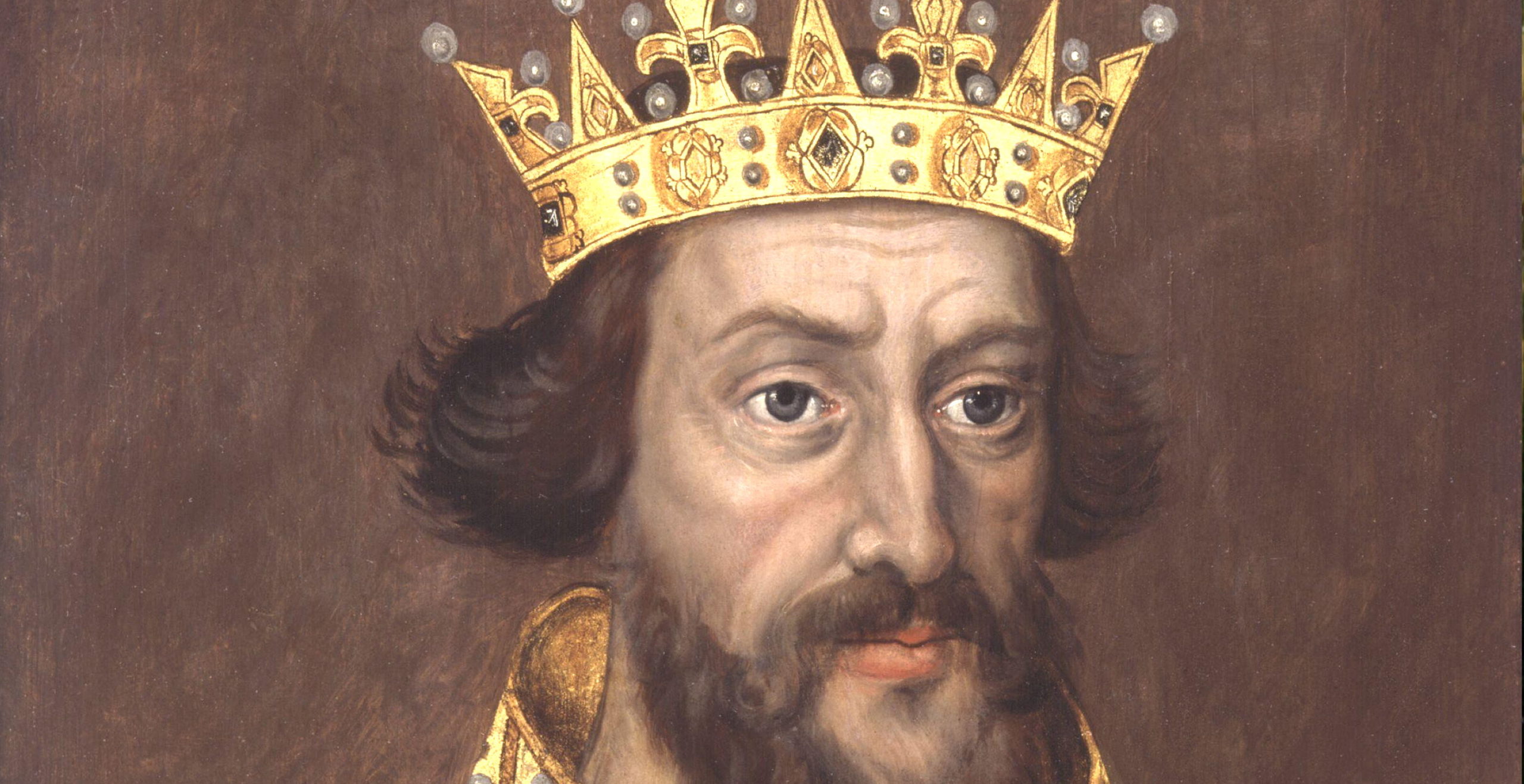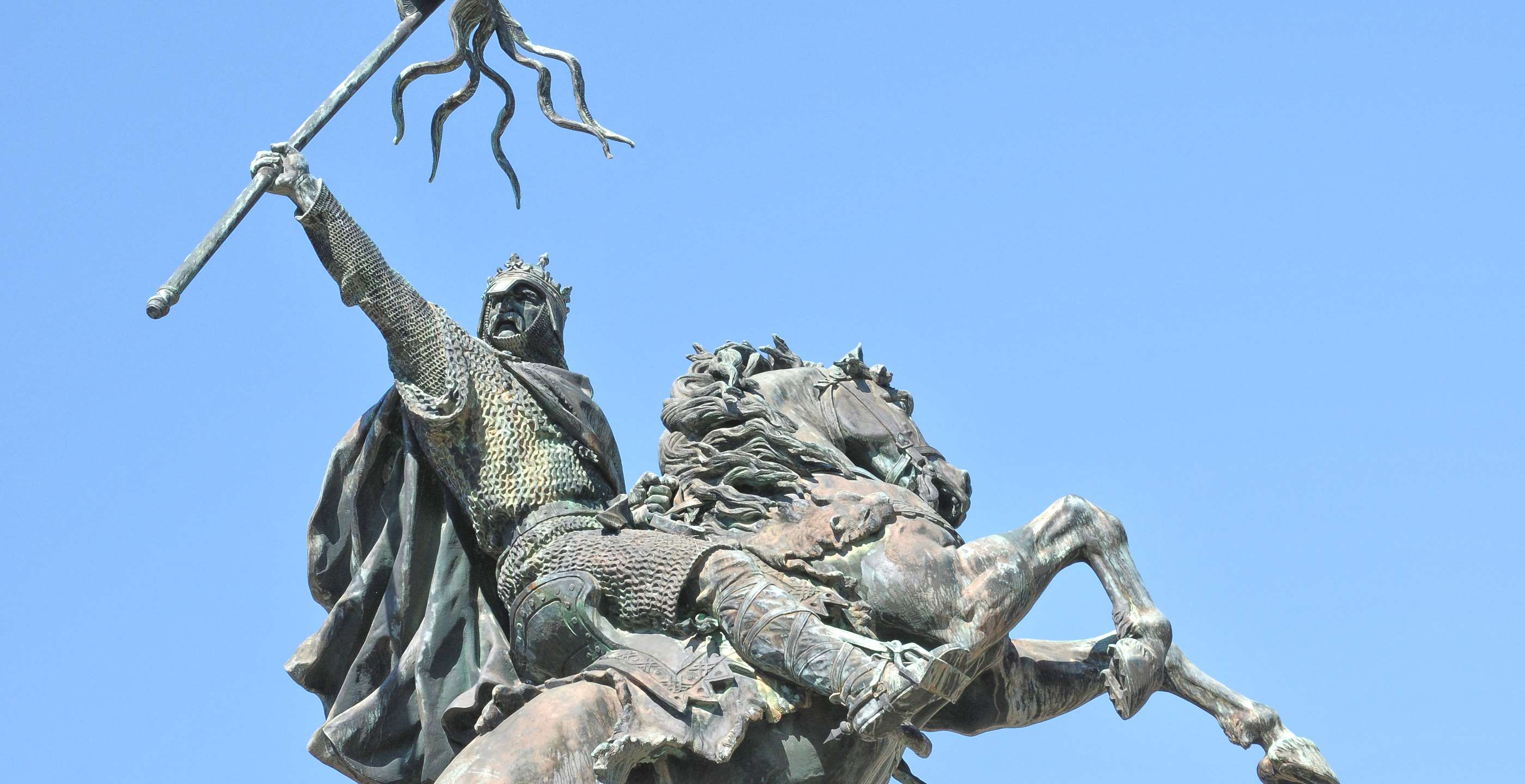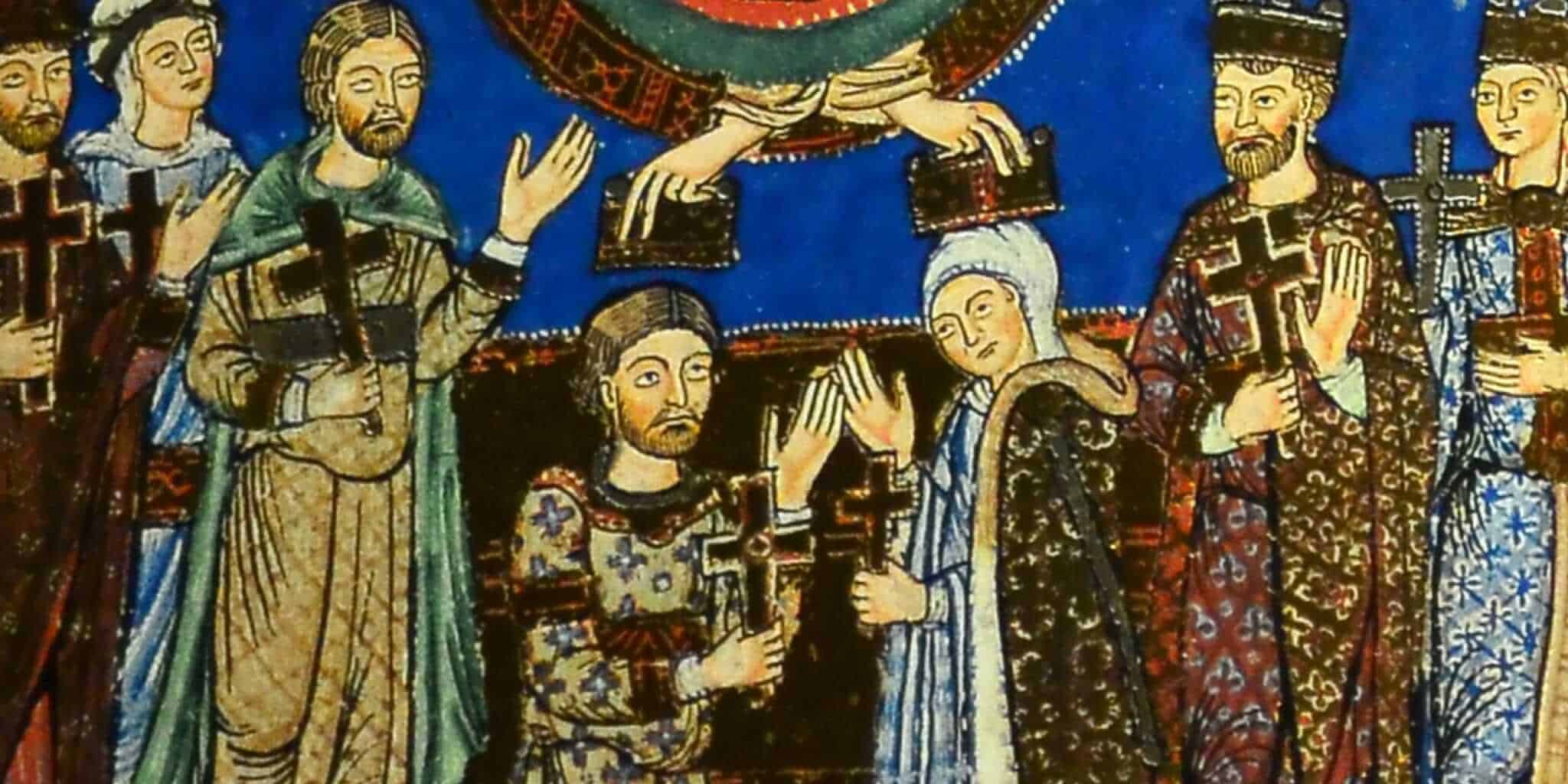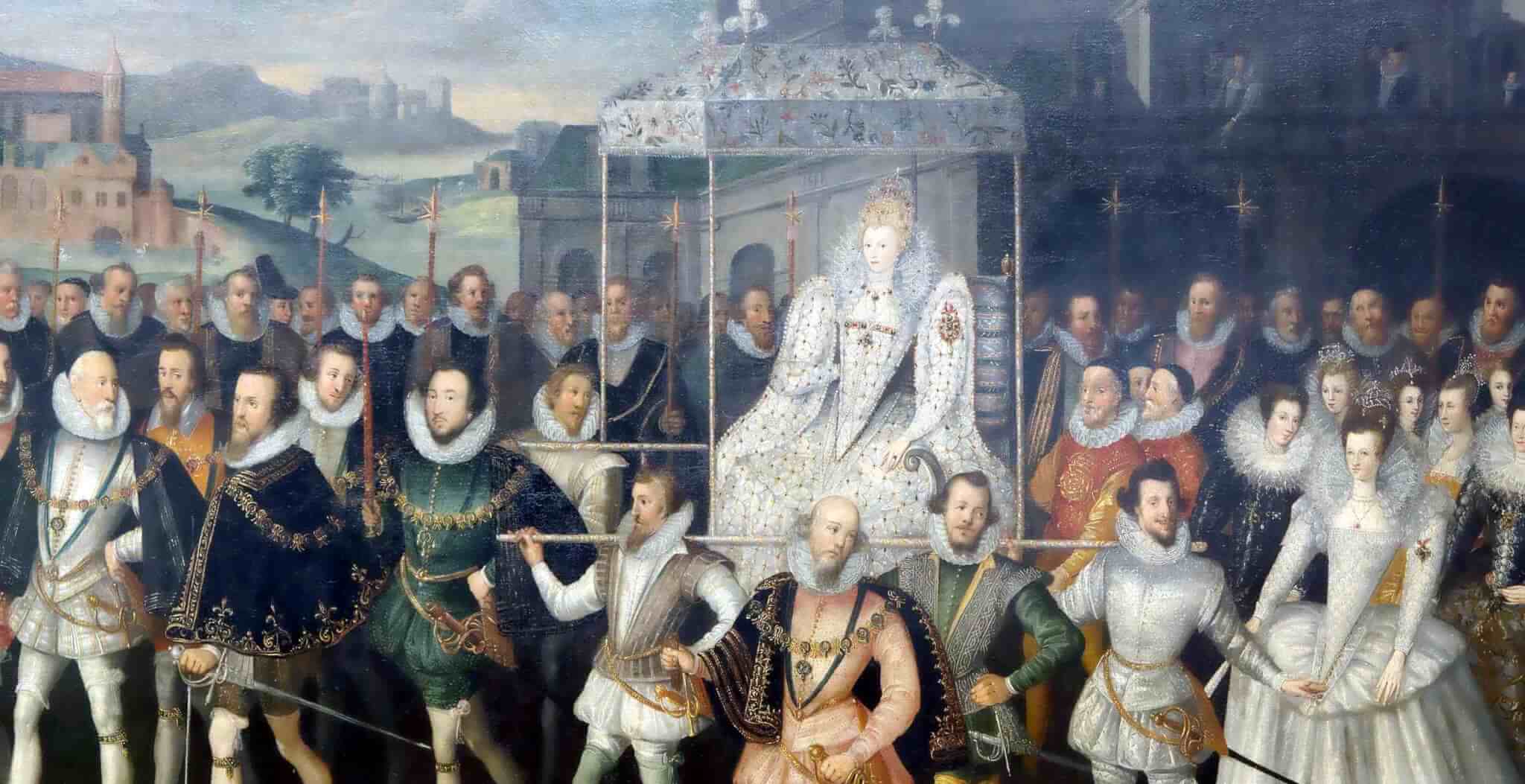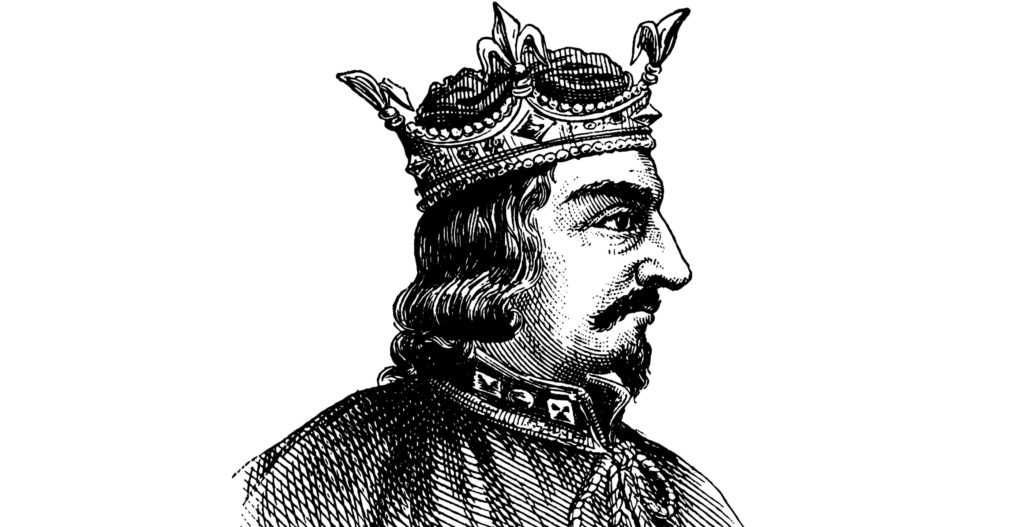Born around 1068, very little is known of Henry’s early life: as the youngest son of William the Conqueror he had never expected to be king.
Inheriting the throne from his eldest brother William II, Henry embraced his new found role in an enthusiastic manner, introducing modernising reforms and centralising the powers of the crown.
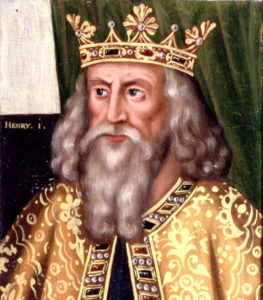
He was an educated and decisive ruler, being the only brother who was literate and fluent in English he earned himself the nickname Henry Beauclere, meaning good writer.
His path to becoming king and his subsequent rule however was not without its challenges, which all began with his father’s death in 1087.
In his inheritance, having lost one son to a hunting accident, William the Conqueror left his patrimonial lands of Normandy to his eldest son Robert. His younger son William Rufus was destined to receive England whilst Henry was given a considerable sum of money as well as his mother’s lands in Buckinghamshire and Gloucestershire.
The brothers however were far from satisfied with the arrangement and continued to war with each other throughout their entire lives.
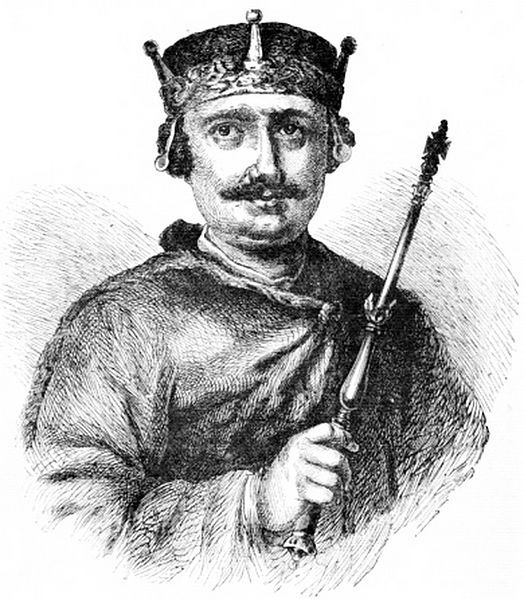
William Rufus was crowned as King William II of England and immediately had Henry’s land inheritance confiscated, meanwhile Robert held onto his power in Normandy whilst demanding some of Henry’s money.
Such an impertinent suggestion was refused by Henry, only to have another arrangement offered, this time in the guise of an exchange: some of his money for becoming a Count in western Normandy.
All things considered, for Henry, who had been left landless, this offer could prove lucrative, allowing him to increase his power and extend his reach.
Henry rose to the occasion and managed his lands well and independently of his brother, leaving both Robert and William suspicious.
His next step was to reclaim his stolen lands from his brother and in July 1088 he journeyed to England to persuade William to return them. Sadly his requests fell on deaf ears.
Meanwhile, back in France Odo, the Bishop of Bayeux had got into Robert’s ear, convincing him that Henry was in collusion with William. Immediately acting on this information, Henry was imprisoned when he returned to France and was held throughout the winter, only being released thanks to certain sectors of the Norman nobility.
Although Henry had his title removed, his sway over western Normandy was still palpable, leaving animosity between Henry and Robert.
Meanwhile, William had not given up on his attempts to see his brother Robert devoid of his duchy. He had in fact managed to convince Conan Pilatus of Rouen to turn against Robert, forcing a street battle to break out between Conan and the ducal supporters. In the midst of this battle Robert turned and retreated whilst Henry valiantly fought on, eventually capturing Conan and taking him to Rouen Castle where he was subsequently propelled from the roof.
Such a spectacle was an important symbolic message for anyone else seeking to rebel and Henry soon gained an increasingly popular and prominent image, much to the dismay of his brothers.
This set off a new agreement between William II and Duke Robert, the Treaty of Rouen, an agreement to support each other, offer land and exclude their brother from proceedings.
With Henry left out in the cold, war was imminent. He began to amass an army whilst his brother’s forces were already on the front foot and advancing. Henry tried to hold on but he was easily overwhelmed.
In the coming years, Robert would join the First Crusade, allowing William to gain temporary control of Normandy. In this time, Henry appears quite close to his brother in England, so much so, that on one fateful afternoon in August 1100, William alongside his brother Henry attended a hunt in the New Forest. This was to be William’s last hunt as he was fatally wounded with an arrow shot by the baron Walter Tirel.
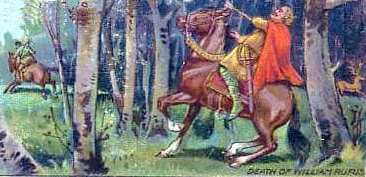
Immediately, Henry realised this was his golden opportunity to seize control, riding to Winchester where he staked his claim. With enough support from the barons he occupied Winchester Castle.
Only four days after his brother’s death, he was crowned king at Westminster Abbey. In his first act as king, he was keen to establish a strong and undeniable sense of legitimacy to his rule, presenting a coronation charter which outlined his plans for the country. This included reforming his brother’s church policies and appealing to the barons, ensuring that their property rights would be respected.
He made clear that he was ushering in a new era, a time for reform, peace and security.
In his modernisation of the royal administration he continued to win over much needed support, offering new land and prospects.
During his reign he substantially changed the royal justice system, earning him the name “Lion of Justice” as the system proved efficient if not quite severe.
The development of the royal exchequer was instigated by Roger of Salisbury during his reign, whilst in Normandy he enforced a similar legal justice framework in order to administer his lands more effectively.
His rule was inextricably tied with the Church, however over the course of his reign the relationship was challenged by his desire to instigate further reform leading to the Investiture Controversy. This conflict was part of a broader struggle in medieval Europe over the ability to choose bishops and abbots, as well as the pope.
Meanwhile, in his personal life, he had a successful marriage to the daughter of Malcolm III of Scotland, Matilda. She proved to be a good choice, fulfilling her duties as regent, involving herself in governance as well as producing heirs to the throne.
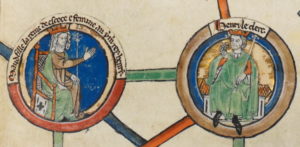
Of course, like many kings of the day, Henry took a number of mistresses, producing several illegitimate children, thought to amount to thirteen daughters and nine sons, all of whom he was said to have supported.
Meanwhile, whilst he continued to solidify his powerbase, there were still enough individuals such as the Bishop Flambard who supported Robert and could cause chaos.
The two brothers met at Alton in Hampshire in a bid to negotiate a peace treaty which seemed to settle some of the outstanding points of disagreement.
Nevertheless, the treaty was not powerful enough to stop Henry carrying out his plans, so much so that he ended up invading Normandy not once but twice. In 1106, at the Battle of Tinchebray he finally defeated his brother and laid claim to Normandy.
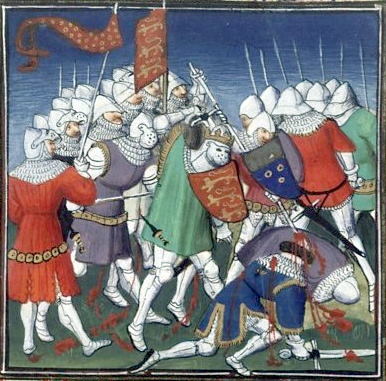
The battle, which only lasted an hour, took place on 28th September 1106. Henry’s knights won an important victory which resulted in the capture and imprisonment of his brother Robert and his subsequent incarceration in Devizes Castle. Robert’s final resting place was destined to be at Cardiff Castle: still imprisoned, he died there in 1134.
With Robert destined to live out the rest of his days behind bars, his legitimate heir William Clito continued to lay claim to the duchy, however Henry held on to Normandy and England until his own death.
By 1108, Henry’s interests looked to be threatened by France, Anjou and Flanders. At the same time, he was forced to send troops to Wales in order to quell the rebellions breaking out across the border.
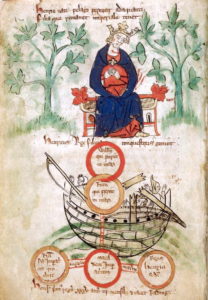
Henry’s reign continued to be blighted by problems, none more so than when the White Ship sank off the coast of Normandy in November 1120 leaving only one out of 300 people alive. More importantly for Henry, those who drowned included his only legitimate son and heir William Adelin as well as two of his half-siblings. Such a tragic event that befell the royal household led to a succession crisis and gave rise to a period known as the Anarchy.
This crisis resulted in his daughter Matilda being the only legitimate heir, despite many having misgivings about her as queen since she was married to Geoffrey V, Count of Anjou, an enemy of Normandy.
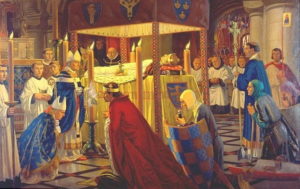
The disagreements of succession would continue to rage on long after Henry’s death in 1135, leading to a devastating war between Stephen of Blois, the king’s nephew and Matilda and her husband, the Plantagenets.
King Henry I’s story was just the beginning…
Jessica Brain is a freelance writer specialising in history. Based in Kent and a lover of all things historical.
